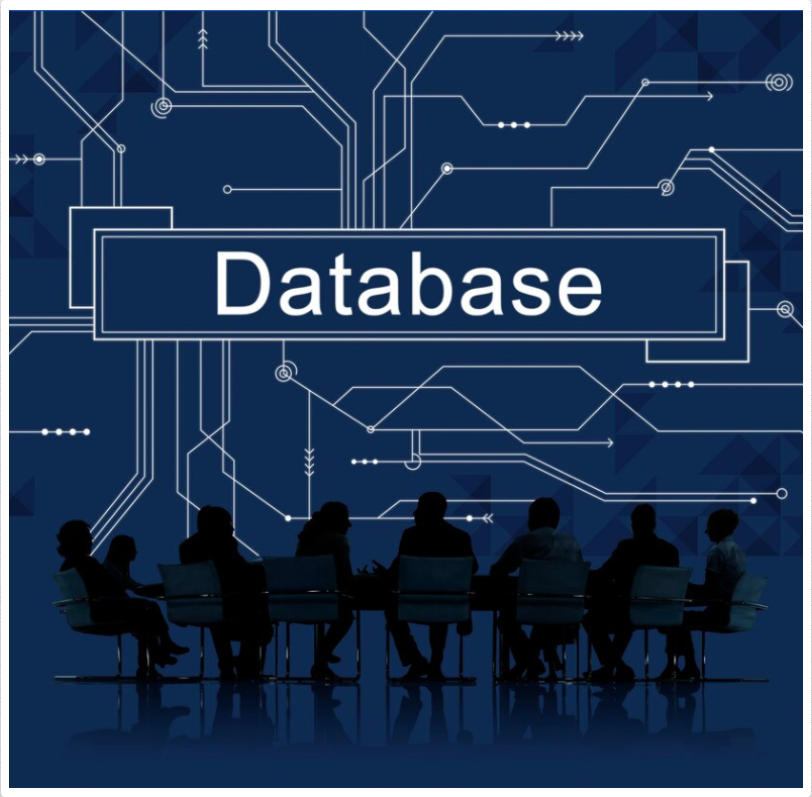Exploring the Multifaceted Uses of DataFusing CloudSQL: Insights from User Surveys and Interviews
DataFusing CloudSQL has emerged as a versatile tool in the realm of data management and analytics. A recent survey and series of interviews with users have shed light on the innovative ways professionals are leveraging CloudSQL to enhance their business operations. Below, we delve into the diverse applications of this powerful platform.
1. Ad Hoc Reporting for Business Insights
Ad hoc reports are crucial for businesses that require immediate, on-the-fly data analysis to make informed decisions. DataFusing CloudSQL facilitates the creation of these reports by providing a flexible environment where users can query data without the need for predefined structures. This agility enables businesses to respond swiftly to market changes and internal demands.
2. Data Reconciliation Post-Migration

Migrating data from one system to another can often lead to discrepancies. Users have found CloudSQL instrumental in reconciling data post-migration, ensuring consistency and integrity. Its robust comparison tools allow for meticulous verification of data sets, making it an indispensable asset for migration projects.
3. SQL Development for Oracle BI Reports
Oracle BI reports are essential for businesses that rely on Oracle’s ecosystem. CloudSQL serves as an ideal sandbox for developing and testing SQL queries before they are deployed in Oracle BI. This not only streamlines the reporting process but also significantly reduces the risk of errors in live environments.
4. SQL Testing for Integration Development
Integrations form the backbone of modern software ecosystems. CloudSQL’ s testing environment is perfectly suited for developing SQL queries that power these integrations. By testing in CloudSQL, developers can ensure their integrations are robust and reliable before they go live.
5. Configuration Checks After Updates
Keeping configurations up to date is vital for the security and efficiency of any system. CloudSQL users routinely check configurations after updates to confirm that changes have been applied correctly. This practice helps in maintaining system stability and preventing potential issues from arising.
6. Database Structure Analysis for Functional Specifications
Developing functional specifications requires a deep understanding of the underlying database structure. CloudSQL provides users with the tools to examine and analyze database schemas, which is essential for accurate specification development. This level of insight is invaluable for architects and developers alike.
In conclusion, DataFusing CloudSQL stands out as a multifunctional platform that caters to a wide array of business needs. From reporting to integration testing, its capabilities are being utilized to drive efficiency and innovation across various industries.




